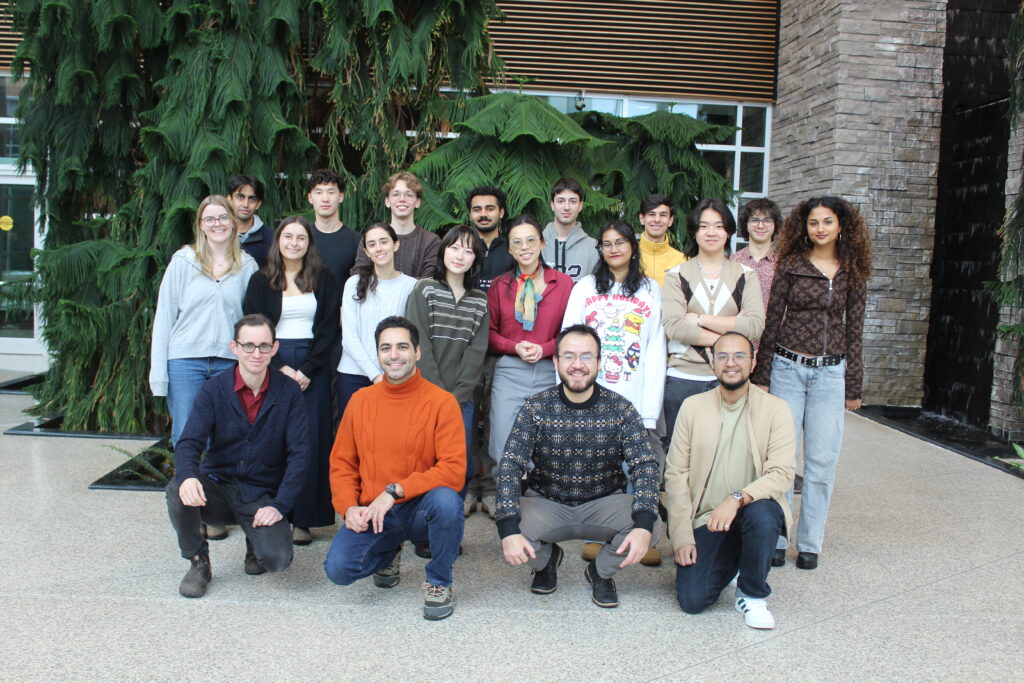

Dr. Jonathan Cannon is a computational neuroscientist, mathematician, and experimental psychologist. His graduate work at Boston University involved building and studying mathematical models of oscillations in neural circuits and their roles in the generation of stereotyped motor processes like birdsong and in routing communication within the brain. He did postdoctoral research at Brandeis modeling neuronal homeostasis, and at MIT conducting behavioral and electrophysiological experiments exploring predictive cognitive processes in autism. His current research interests are focused on timing and rhythm in perception and action, with particular interest in timing-related neural dynamics in the basal ganglia, cerebellum, and supplementary motor area. This interest is rooted in his experience as a performing musician: outside of his academic and teaching career, he has spent much of his time playing traditional Jewish, Celtic, and Romanian music on violin and guitar. [CV]

Dr. Martin (March) Miguel is a computer scientist (B.Sc. and M.Sc.) from the University of Buenos Aires, Argentina. He started researching rhythm cognition interested in how the timing of events can produce affective responses in a listener. To that aim, he developed models and formalisms for the analysis of beat expectation and ambiguity, with focus on producing observations of relevance for experimental research. He joined METRE lab as a Postdoc in the Department of Psychology, Neuroscience & Behaviour at McMaster University to continue working on questions regarding rhythm perception. Outside (and nearby) research, his interests include biking, music, social dance, tap dance, rock climbing, politics, economics, video games and board games.

AmirAli is a researcher passionate about teaching and sharing knowledge. Born in Iran, he earned his B.Sc. from the University of Tehran and completed his graduate studies in the United States, followed by postdoctoral work in several world-renowned laboratories. Trained as a physicist, he is a computational neuroscientist with over 10 years of postdoctoral experience. His expertise includes neuromodulation, deep brain stimulation (DBS), Parkinson’s disease, sound stimulation, LFP and EEG analysis, complex dynamical systems, and music perception. Please see [his CV] for more detail. At the METRE Lab, he is investigating the role of dopamine in rhythm perception and production by developing spiking neural network models of basal ganglia validated with intracranial LFP and dopaminergic data. [Research Gate] [LinkedIn] [CV] [Personal Website]
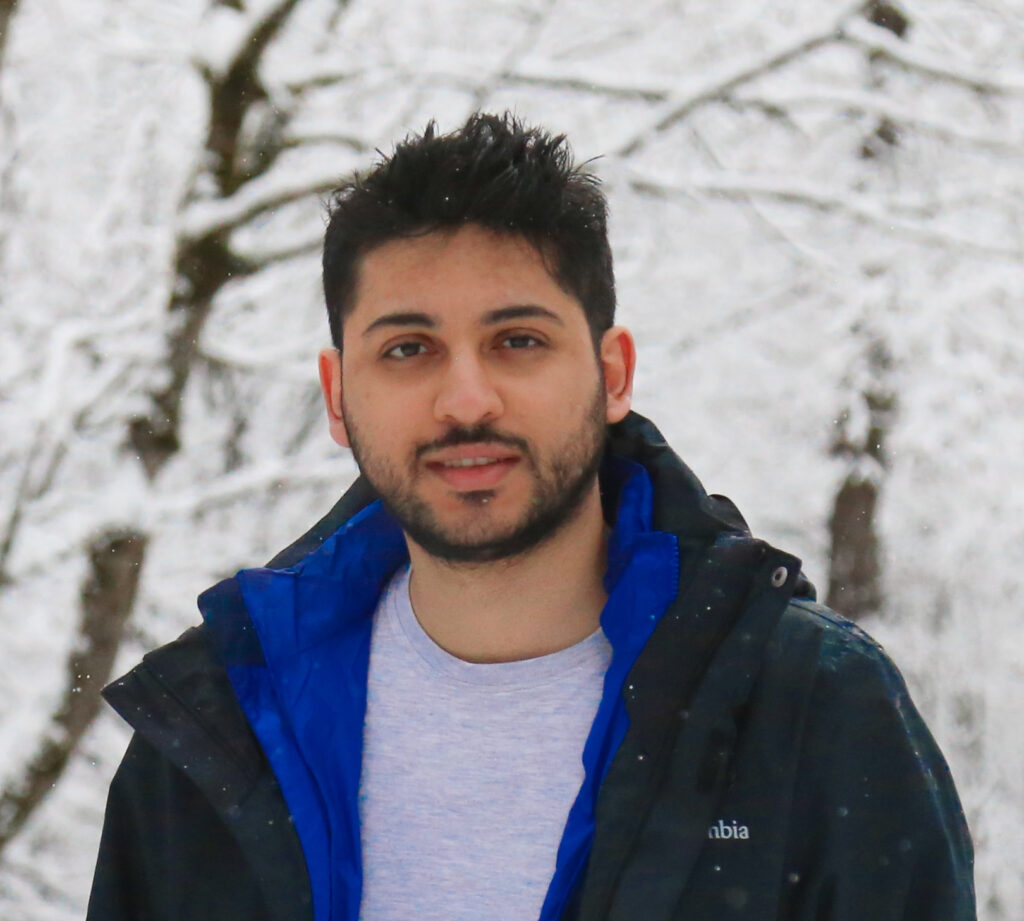
Matin Yousefabadi earned his B.Sc. in Civil Engineering at the University of Tehran in in 2019, and his M.Sc. in AI and Computational Neuroscience in the Computer Engineering Program at Sharif University of Technology, Tehran, Iran in 2022. He is studying at McMaster University as Ph.D. student in the Department of Psychology, Neuroscience & Behaviour at McMaster University, focusing on Rhythm perception. His hobbies include adventures and photography, and he spend his free time traveling, cooking, reading books, and listening to music.

Yassaman Ommi earned her bachelor’s degree at Amirkabir University of Technology, writing her thesis on application of deep learning in generation of drug molecules. She earned her Master’s degree in Computational Science and Engineering in the METRE lab, and is now staying on as a Research Assistant.

Sahir Dhalla earned his H.BSc in neuroscience and philosophy at the University of Toronto. He is studying at McMaster University as a PhD student in the Neuroscience program. His interest in the neural basis of perception, action, and subjective experience led him to focus on studying the role of the cerebellum in active inference and predictive processing in the brain. Outside of the lab, Sahir’s hobbies include close up magic, reading, camping, and photography.
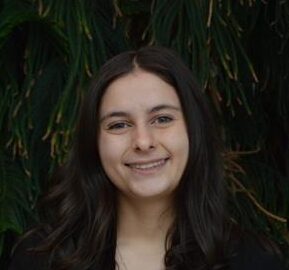
Abigail Hanna graduated from the Integrated Science program in 2025, concentrated in Psychology, Neuroscience, and Behaviour. She now works for the METRE lab as a research assistant. Her research interests include music cognition, the use of music as a therapeutic, and biostatistics. Outside of school, she works as a piano accompanist and has a strong connection to the local theatre community, both on stage and backstage. She enjoys sports, the outdoors, and challenging herself on new instruments.

Rasam Zakeri is an undergraduate student in the Hons. Neuroscience program at McMaster University. His interest in sound perception and Auditory cognition led him to complete a brief study project in the MAPLE Lab at McMaster University. He is now a member of the TRIMBA lab, aiming to further study rhythm perception under the supervision of Dr. Cannon. His interests outside of academia include playing a range of percussive instruments, listening to music, playing basketball, hiking, and canoeing.

Jeremy Lin is a fourth-year thesis student in the Psychology, Neuroscience & Behavior program. His current research project investigates how individuals process culturally unfamiliar music, specifically odd-meter music (such as time signatures like 5/4 or 7/8), examining how listeners learn and adapt to these new rhythms. Outside of school, Jeremy enjoys playing music (guitar and bass guitar), cooking, baking, exploring new coffee spots, and thrifting.
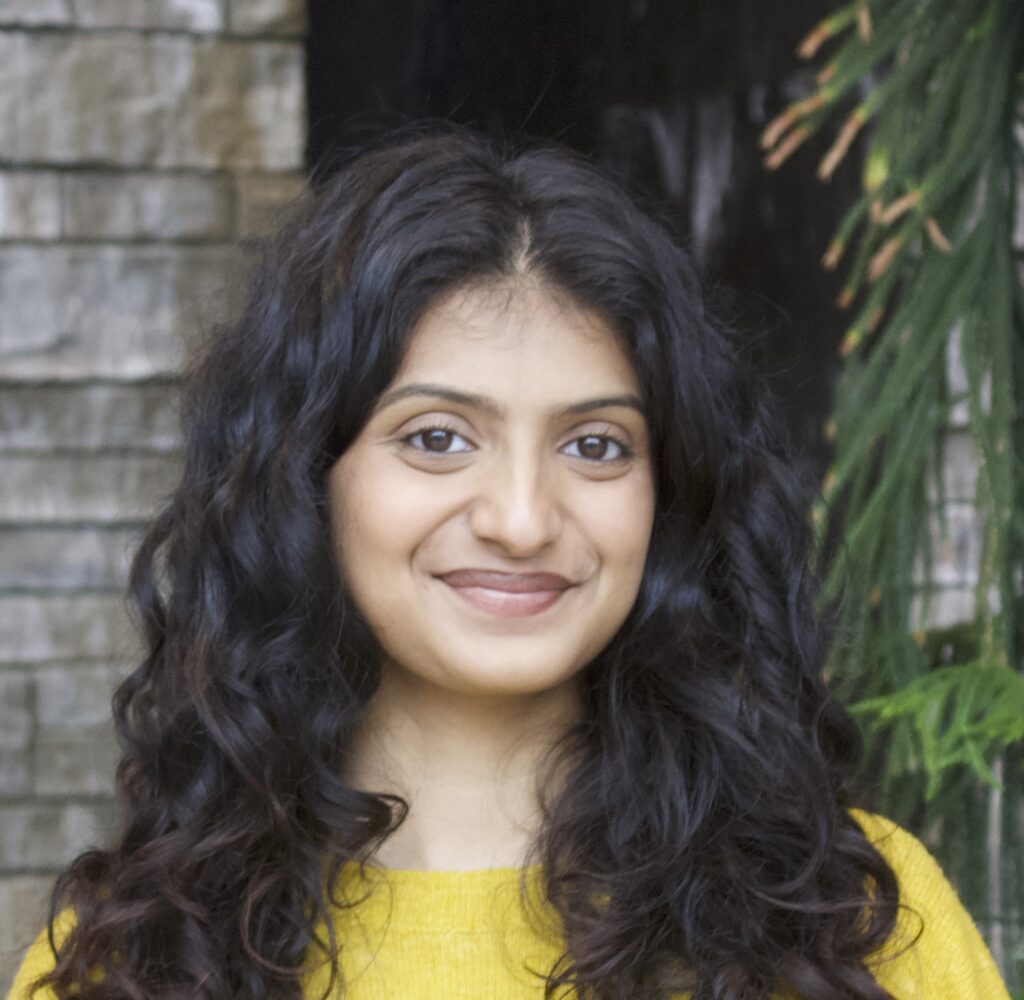
Alyssia Naran is a third-year student in the Integrated Science program. She is passionate about leveraging technological innovations and artificial intelligence to improve patient outcomes. Her current research interests span neuroscience, clinical artificial intelligence, and public health. Specifically, she is looking at creating a platform for employing personalized rhythmic auditory stimulation to treat Parkinson’s Disease. In her free time she enjoys reading, lifting, running, spending time in nature, and attending concerts.

Jody Beach is a third-year Psychology, Neuroscience & Behaviour student in the science stream. Her current research project focuses on how auditory feedback and cognitive load impact a person’s ability to synchronize with a rhythm. She has completed two research projects in the lab and is staying on to do a thesis next year, where she plans to investigate how dopamine impacts people’s sense of rhythm. Outside of school, Jody enjoys hiking, skiing, canoeing, and baking. A fun fact about her is that she is a twin!
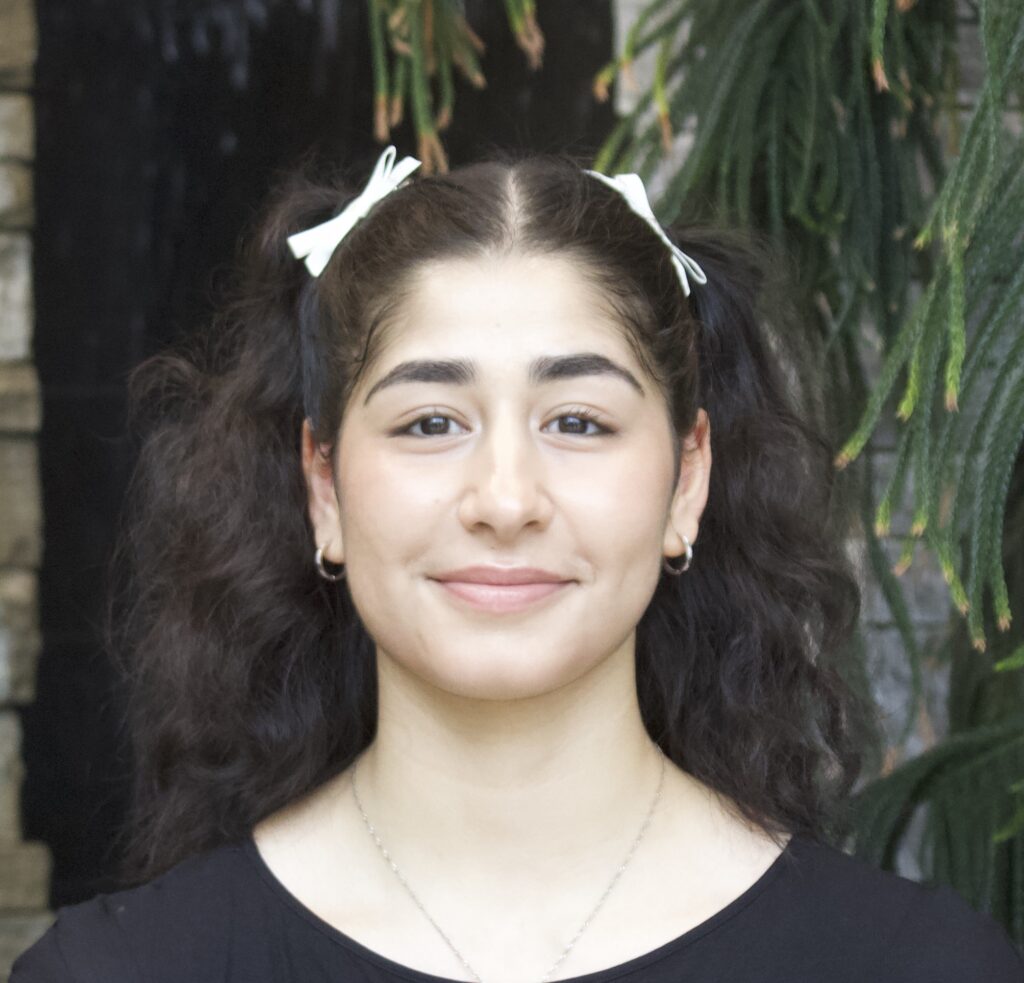
Ayla Eftekharian is a third-year project student in the Neuroscience program. Her interest in computational models has led her to explore a project in Dr. Cannon’s Lab on sensorimotor feedback in motor timing in collaboration with Dr. Michael Carter’s Action, Cognition, and Metascience Lab. Outside of school, she enjoys going to the gym, refereeing intramural volleyball, exploring cafes, and cooking. Ayla is eager to expand her research experience and develop new skills in computational neuroscience!
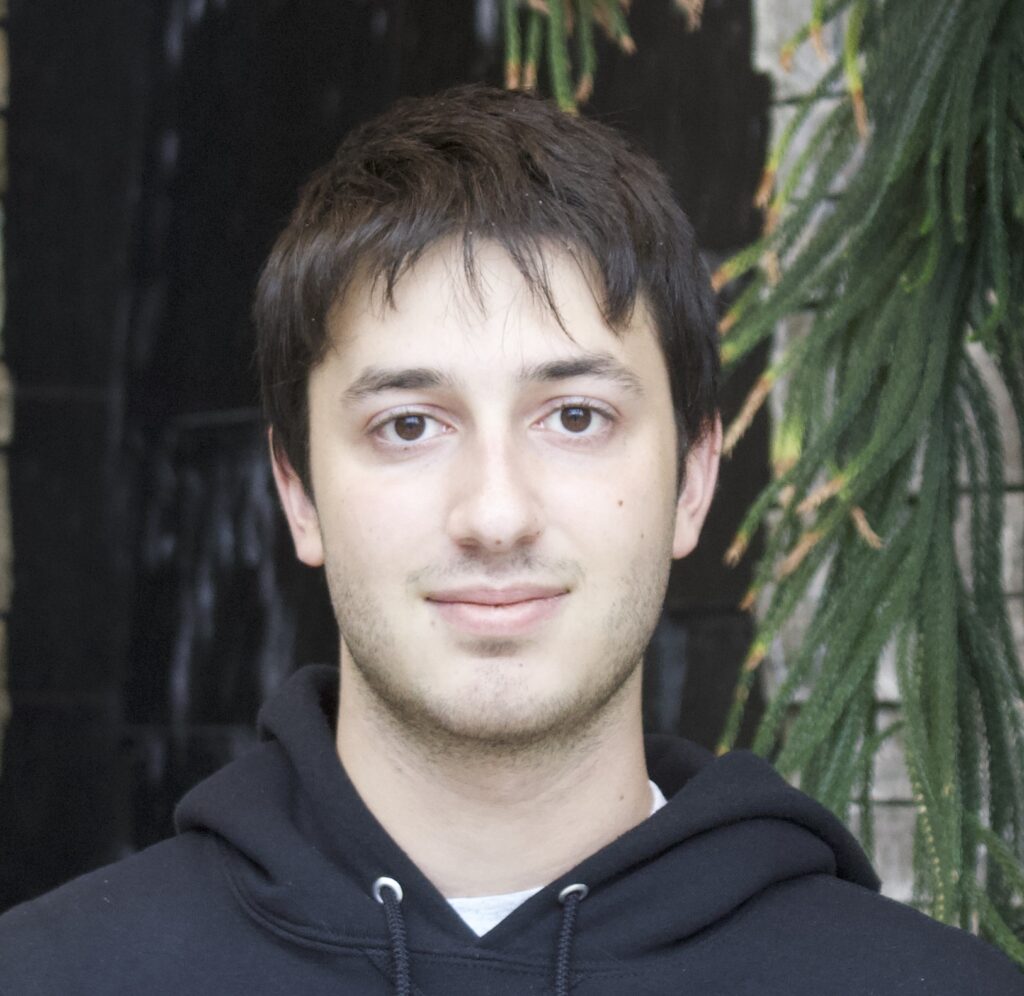
Jonathan Avisar is a second-year Life Science student passionate about neuroscience, technology, and healthcare innovation. He is developing an AI-driven platform to enhance music-based interventions for gait rehabilitation in individuals with neurodegenerative conditions like Parkinson’s. His work focuses on designing personalized rhythmic auditory stimulation to support motor recovery. In his free time, he enjoys playing guitar, exploring new technologies, and spending time in nature.

Tia Dhamrait is an incoming fourth-year student in the Neuroscience program. She is working on a thesis in the METRE lab exploring models of the cerebellum’s role in eye-blink conditioning that may help shed light on its function in rhythm perception. Tia is fascinated by how neural circuits drive behavior and enjoys tackling complex problems through coding and analysis. Outside of her academic pursuits, she spends her time exploring art, creative writing, and fitness. Always up for a challenge, she’s keen on refining her skills, taking on new perspectives, and growing her knowledge and research experience in computational neuroscience.

William Kozlowski is a 3rd year undergraduate neuroscience student at McMaster University. He is interested in computational neuroscience and neural circuits. Right now, he is working on a computational model of sensory and motor neurons learning connections between each other. William’s interests are video editing, coding, and baking.
Alumni

Amy Lau

Fasika Ghetnet

Jacob Duda

Hongu Xiao

Jessica Jalbert

Davina Premraj
Dr. Jonathan Cannon’s actual brain